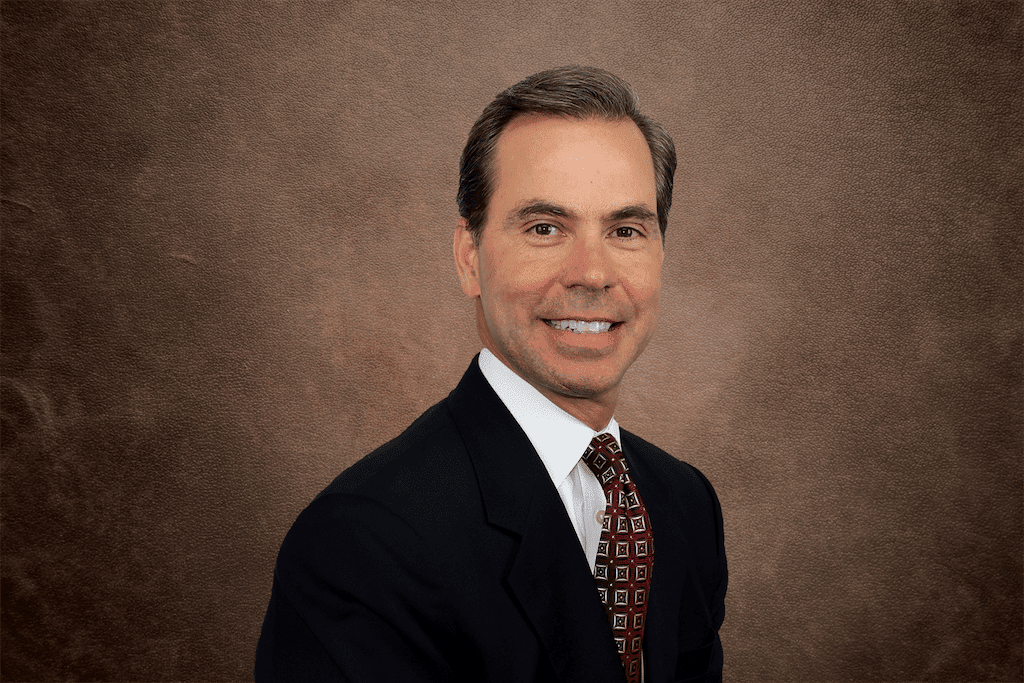Extended Stay America's New CEO Looks to Business Model Changes to Drive Growth

Skift Take
Given the rise of homesharing and shared workspaces, there are plenty of more external forces at work that will impact the extended stay market in the coming years. The key to success for Extended Stay America's new CEO will be taking these all into account.
Just before the holidays set in, Extended Stay America made some news about a major leadership change: CEO Gerry Lopez would be succeeded by chief financial officer Jonathan S. Halkyard, effective January 1.
The hospitality industry's extended stay sector is doing very well, with demand increasing and average daily rates staying steady or rising despite an influx ofsupply. And because it's doing so well, other brands are also expressing more interest in the space, and competition is heating up.
In addition to the CEO change, Extended Stay America is undergoing a lot of changes as well as it pursues its ESA 2.0 strategy of becoming a more asset-light company. And like its peers, the company is embracing improvements in the guest experience.
With so much happening in this space, Skift spoke to Halkyard to get a better understanding of where he plans to take Extended Stay America, and where the sector is headed over the next few years. Here's what he had to say.
On the CEO Change
When asked if he had been expecting to be named the new CEO, Halkyard said, "I, certainly, wasn't expecting it, although when I joined the company four years ago as chief operating officer, and then as chief financial officer about two years ago, I was certainly, doing my best to prepare myself to be in a position to take this position. The timing, in the end, was really up to Gerry Lopez, our CEO, and our board, but I was delighted with the way the timing worked out."
He added that he appreciates the fact that current CEO Gerry Lopez will stay on as a senior advisor for a 10-week transition period through March.
On His Goals as CEO
In short, Halkyard's goals for Extended Stay America relate to growth so the brand can remain as competitive as it can be in the increasingly crowded extended stay space.
"We have, I think, a terrific company with a business model that is very appealing to our shareholders and a product offering that's very appealing to our customers," he said. "And, my No. 1 objective is to really build this brand, build its consistency, build its reach, and improve the value that it gives to our customers.
"Our customers, who spend with us an average of two to four weeks at a time when they're away from home working on projects, or relocating, or doing training programs — our product is perfect for those folks who stay with us. And, we believe that we can continue to improve the value that we're providing, as well as grow the reach of this bran
